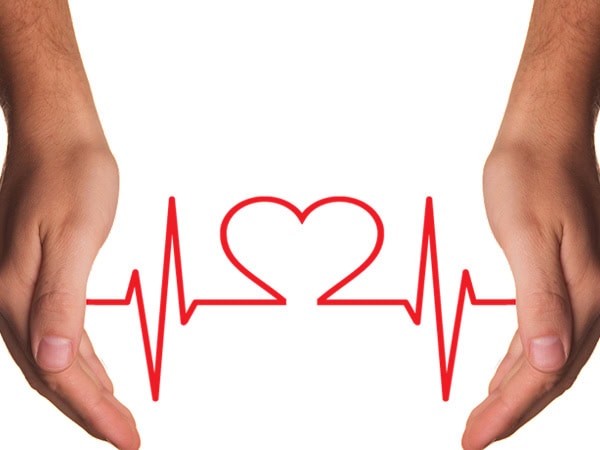London: Increasing the pace of walking may bring some added benefits as researchers have found that faster walking patients with heart disease are hospitalised less.
“The faster the walking speed, the lower the risk of hospitalisation and the shorter the length of hospital stay,” said study author Carlotta Merlo, a researcher at the University of Ferrara in Italy.
“Since reduced walking speed is a marker of limited mobility, which has been linked to decreased physical activity, we assume that fast walkers in the study are also fast walkers in real life,” she added.
The study was conducted in 1,078 hypertensive patients, of whom 85 per cent also had coronary heart disease and 15 per cent also had valve disease.
A total of 359 patients were identified as slow walkers, 362 intermediate and 357 fast walkers.
The researchers recorded the number of all-cause hospitalisations and length of stay of the participants over the next three years.
During the three year period, 182 of the slow walkers (51 per cent) had at least one hospitalisation, compared to 160 (44 per cent) of the intermediate walkers, and 110 (31 per cent) of the fast walkers, according to the study published in the European Journal of Preventive Cardiology.
The slow, intermediate and fast walking groups spent a total of 4,186, 2,240, and 990 days in hospital over the three years, respectively.
The average length of hospital stay for each patient was 23, 14, and 9 days for the slow, intermediate and fast walkers, respectively.
Each 1 km/hour increase in walking speed resulted in a 19 per cent reduction in the likelihood of being hospitalised during the three-year period.
Compared to the slow walkers, fast walkers had a 37 per cent lower likelihood of hospitalisation in three years, the findings showed.
“Walking is the most popular type of exercise in adults. It is free, does not require special training, and can be done almost anywhere. Even short, but regular, walks have substantial health benefits. Our study shows that the benefits are even greater when the pace of walking is increased,” Merlo said.
IANS

